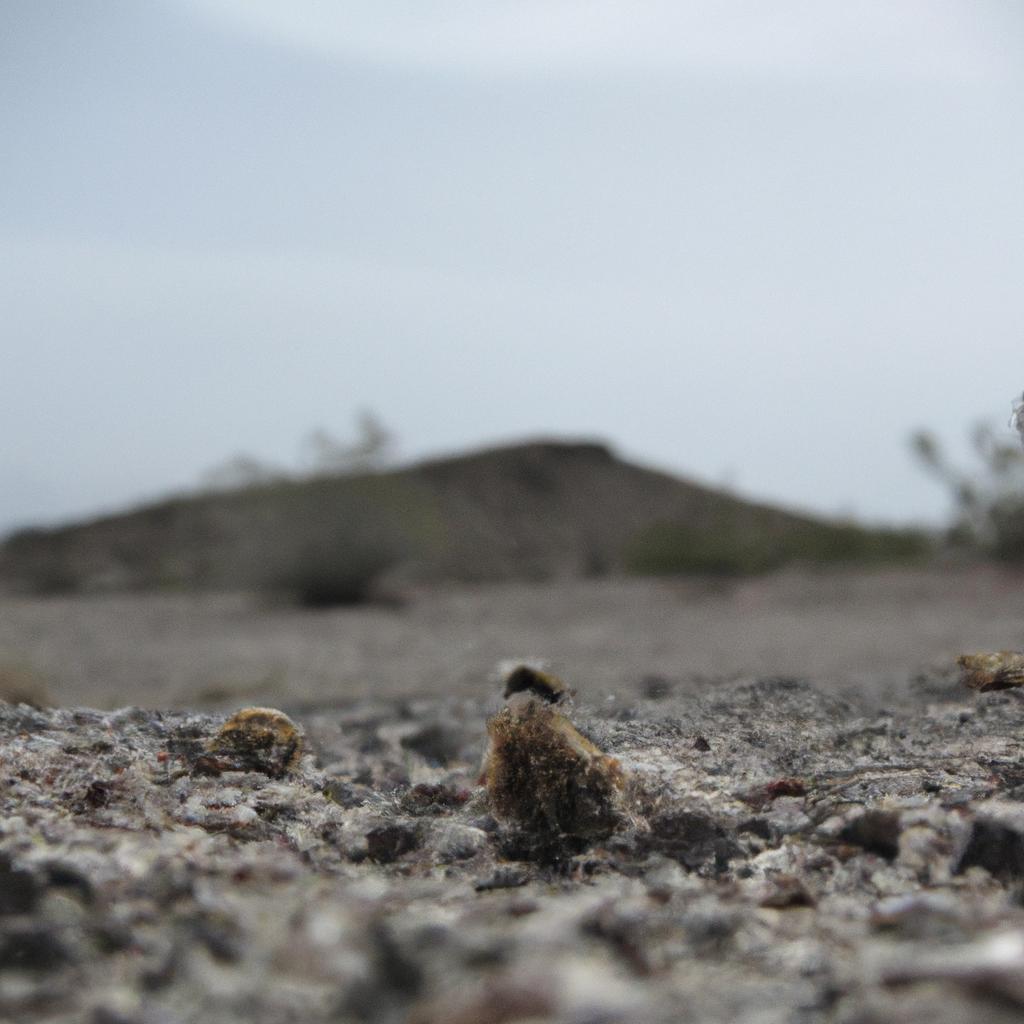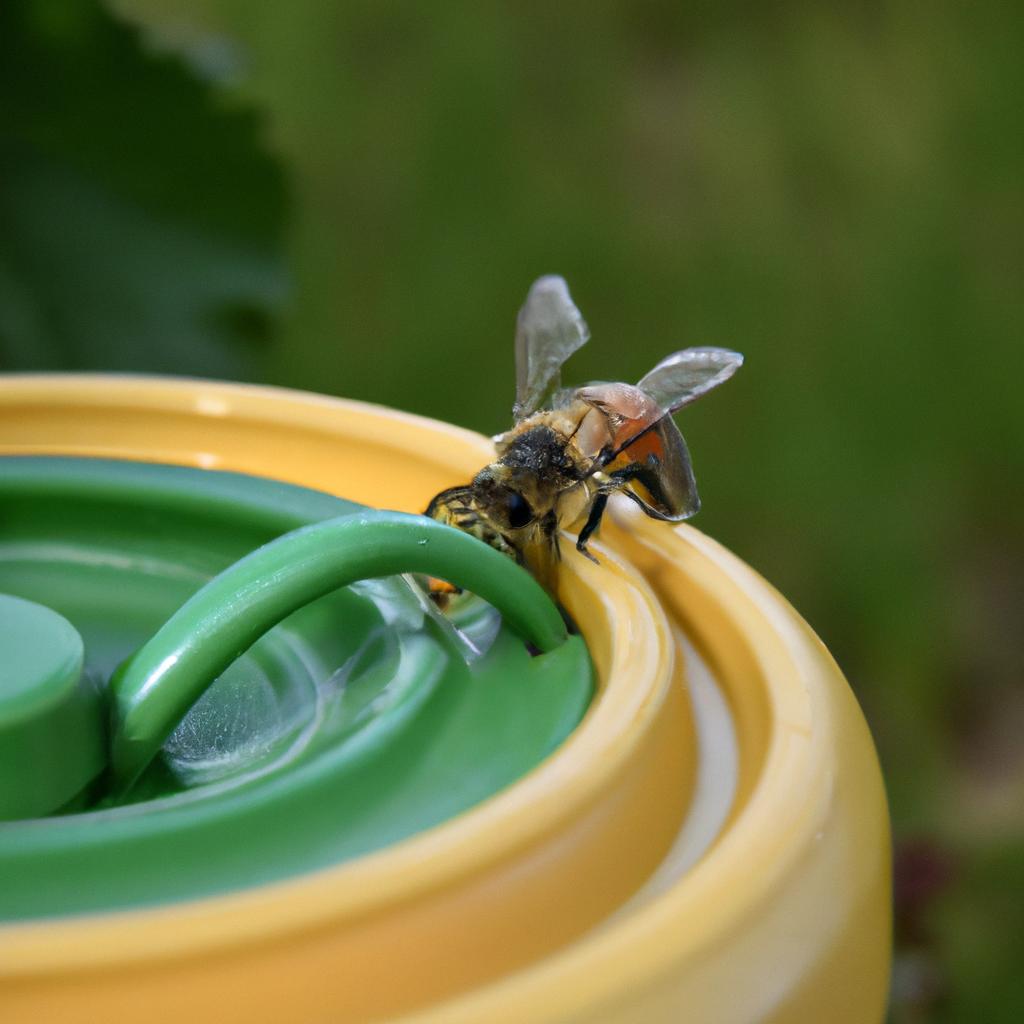Bees are one of the most important insects in the world, contributing significantly to pollination and the production of honey. Their lifespan varies depending on their role in the hive, with worker bees living for several weeks and queen bees living for several years. However, regardless of their role, food and water are essential for their survival.
Introduction

Bees play a crucial role in our ecosystem, and it’s essential to understand how long they can survive without food or water. In this article, we will explore the factors that affect the survival of bees without food or water, as well as the impact of starvation and dehydration on bees. We will also share ways to prevent these conditions and ensure the survival of these vital insects.
How Long Can Bees Survive Without Food?

The lifespan of bees without food depends on various factors such as age, health, and environmental conditions. Worker bees typically live for several weeks and need to eat regularly to sustain their energy levels and perform their duties. However, under certain conditions, bees can survive for extended periods without food.
Factors Affecting the Survival of Bees Without Food
The survival of bees without food depends on their ability to conserve energy and enter a state of dormancy. When bees don’t have access to food, they reduce their metabolic rate and become less active, conserving their energy. The length of time they can survive without food depends on the availability of stored energy reserves and their ability to enter dormancy.
Case Studies and Experiments on the Duration of Bee Survival Without Food
Research has shown that bees can survive for up to several weeks without food. In a study conducted by the University of California, bees were kept in a dark, cool environment without food for 31 days. The bees survived by entering a state of dormancy, reducing their metabolic rate, and conserving energy. Another study found that bees could survive up to 60 days without food if they were kept in a cool, dry environment.
In conclusion, bees can survive for several weeks without food, depending on their ability to conserve energy and enter dormancy. However, it’s crucial to provide them with a regular supply of food to ensure their survival and maintain their critical role in our ecosystem.
How Long Can Bees Survive Without Water?
Water is essential for bees, as it regulates their body temperature and helps them process food. Bees obtain water from various sources, including dew, rainwater, and water droplets on plants. However, under certain conditions, bees can survive without water for some time.
The Significance of Water for Bees
Water is essential for the survival of bees, as it plays a vital role in regulating their body temperature. Bees use water to cool the hive and maintain a stable temperature. Water also helps bees process food and dilute honey before feeding it to larvae. Without water, bees can quickly become dehydrated and unable to perform their duties.
Factors Affecting the Survival of Bees Without Water
The survival of bees without water depends on the availability of alternative water sources and environmental conditions. During periods of drought or when water sources are scarce, bees can obtain water from alternative sources such as moist soil or plant sap. Bees can also reduce their water consumption by reducing their metabolic rate and conserving energy.
Stay tuned for the next sections.
How Long Can Bees Survive Without Water?
Bees require water to maintain their body temperature, process food, and dilute honey before feeding it to larvae. Without water, bees can become dehydrated, which can lead to severe health conditions and even death. However, under certain conditions, bees can survive without water for some time.
Factors Affecting the Survival of Bees Without Water
The survival of bees without water depends on the availability of alternative water sources and environmental conditions. Bees can obtain water from various sources, including dew, rainwater, and water droplets on plants. During periods of drought or when water sources are scarce, bees can obtain water from alternative sources such as moist soil or plant sap.
Case Studies and Experiments on the Duration of Bee Survival Without Water
Research has shown that bees can survive without water for up to several days, depending on environmental conditions and their ability to conserve water. In a study conducted by the University of Arizona, bees were kept in a dry environment without water for up to five days. The bees survived by reducing their water consumption and conserving energy.
In conclusion, bees can survive without water for several days, depending on environmental conditions and their ability to obtain water from alternative sources. However, it’s crucial to provide bees with a regular supply of water to ensure their survival and maintain their important role in our ecosystem.
The Effects of Starvation and Dehydration on Bees
Starvation and dehydration can have severe effects on the physical and behavioral health of bees. When bees don’t have access to food or water, they become weak and unable to perform their duties. This can lead to a decline in hive productivity and, in severe cases, the death of the colony.
Physical Changes in Bees Due to Lack of Food and Water
When bees are starving or dehydrated, they become weak and unable to fly. They also become more susceptible to disease and infection, as their immune system weakens. In severe cases, the bees can become disoriented and unable to find their way back to the hive.
Behavioral Changes in Bees Due to Lack of Food and Water
When bees are starving or dehydrated, their behavior changes significantly. They become less active and spend more time in the hive, conserving their energy. They also become more aggressive and protective of their food and water sources, which can lead to conflicts within the hive.
In conclusion, starvation and dehydration can have severe effects on the physical and behavioral health of bees. It’s essential to provide bees with a regular supply of food and water to ensure their survival and maintain their critical role in our ecosystem.
Ways to Prevent Starvation and Dehydration in Bees
Ensuring bees have access to food and water sources is crucial for their survival and maintaining their role in our ecosystem. Here are some tips on how to prevent starvation and dehydration in bees:
The Importance of Providing Food and Water Sources for Bees
One of the best ways to prevent starvation and dehydration in bees is to provide them with a variety of food and water sources. Planting a diverse range of flowers and plants that bloom at different times of the year can provide bees with a constant supply of nectar and pollen. Additionally, providing a water source, such as a shallow bird bath or a dripping faucet, can help bees stay hydrated and regulate their body temperature.
Tips for Ensuring Bees Have Access to Food and Water
Here are some tips for ensuring bees have access to food and water:
- Plant a diverse range of flowers and plants that bloom at different times of the year to provide bees with a constant supply of nectar and pollen.
- Avoid using pesticides and herbicides, as they can harm bees and reduce the availability of food sources.
- Provide a water source, such as a shallow bird bath or a dripping faucet, to help bees stay hydrated.
- Provide a sugar water solution during periods of drought or when nectar sources are scarce.
- Consider installing a bee hotel or nesting boxes to provide bees with shelter and a safe place to lay their eggs.
Conclusion
In conclusion, food and water are essential for the survival of bees, and their lifespan depends on various factors such as access to these resources and environmental conditions. Bees can survive for extended periods without food or water, but it’s crucial to provide them with a regular supply to ensure their survival and maintain their critical role in our ecosystem. By planting a diverse range of flowers and plants, avoiding the use of harmful chemicals, and providing a water source, we can help support the survival of bees. At BeeKeepinglove.com, we are committed to spreading awareness about the importance of bees and their conservation, and we hope this article has helped you understand how you can help support these vital insects.
